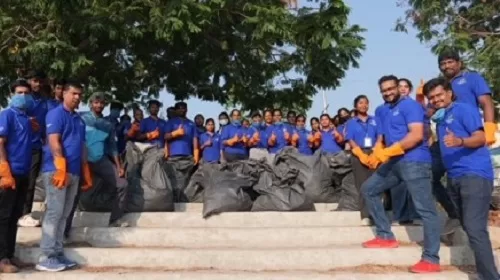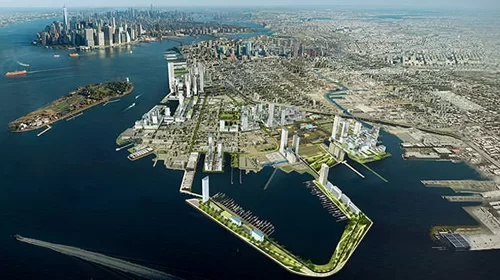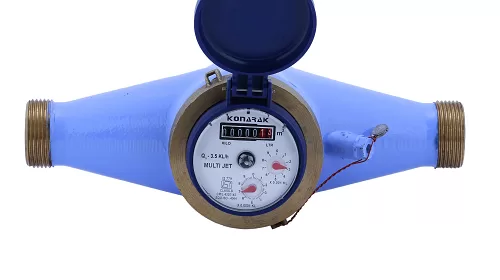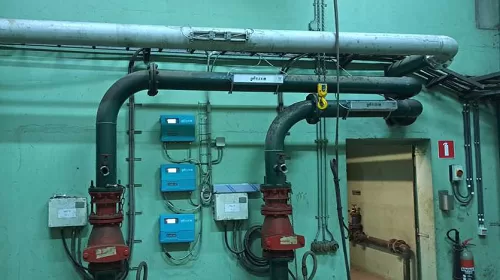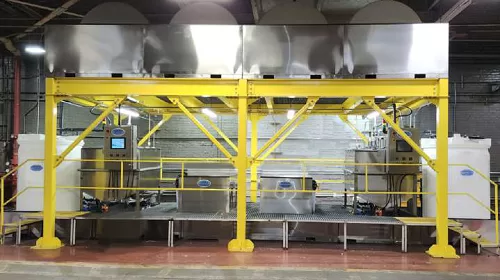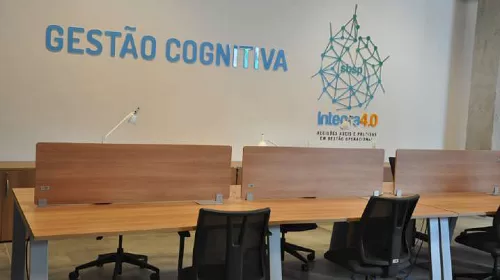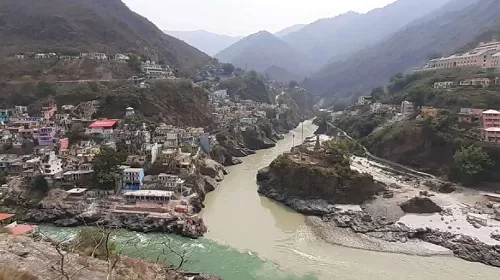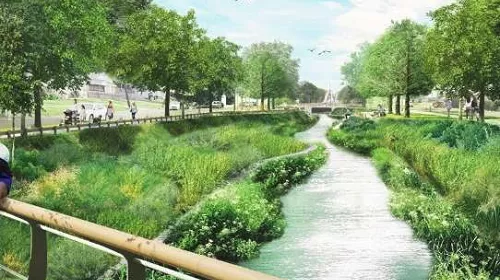Hyderabad, 14 th April, 2025: In a time when environmental awareness is paramount, Akshayakalpa Organic has adopted Peeran Cheruvu Lake, a 35-acre body of water close to PBEL City in Hyderabad, marking a major step toward ecological restoration. TAs part of its sustainability and community engagement efforts, the company recently launched the "Peeran Cheruvu Lake Clean-Up" initiative, a monthly lake-cleaning drive held on the second Sunday of every month. Over the past 5 months this initiative has improved the lake's health and reduced plastic waste. Peeran Cheruvu Lake, known for…
Read MoreMonth: April 2025
NX Filtration presents its next phase of growth at its Capital Markets Day, updating its medium-term objectives
HENGELO, THE NETHERLANDS – NX Filtration N.V. (Euronext Amsterdam: NXFIL), the global provider of breakthrough hollow fiber nano-filtration technology for pure and affordable water with strong sustainability benefits, today presents its strategy to drive growth and its new medium-term objectives at its Capital Markets Day. NX Filtration’s Capital Markets Day will be held today in Hengelo, the Netherlands, from 13:00 –16:00 CET as an in-person event. NX Filtration will provide further background to market developments, our commercial strategy, the strong progress we are making in developing our pipeline of OEM…
Read MoreThree Tips to Keep Corrosion Out of Your WIP Cycle!
It is no fun to have corrosion right in the middle of the manufacturing process. Sometimes even the right rust preventatives with the wrong handling can lead to corrosion troubles that slow down the WIP (work-in-progress) cycle. To avoid these unwelcome surprises, Jessica Carpenter (a Cortec® Regional Sales Manager with 16+ years of industry experience) shares simple tips on how to avoid corrosion and keep your WIP cycle running smoothly. Tip One: Add Flash Corrosion Protection to Your Rinse Water The rinse stage itself can be a tricky cycle because…
Read MoreSmart Cities and Water Management: Driving Sustainability and Innovation in India
India’s rapid urbanization has led to a pressing need for smarter, more sustainable infrastructure solutions. As the country continues to embrace the idea of smart cities, technology, data-driven decision-making, and sustainability are transforming urban planning. One of the critical components of this transformation is smart water management, which ensures that cities can meet the growing demands of a booming population while also preserving precious natural resources. UNDERSTANDING SMART CITIES A smart city is one that integrates digital technologies to improve the quality of life for its residents. Unlike traditional cities,…
Read MoreSmart Water Meters: Driving Behavioral Change for Sustainable Water Use
Smart water meters have revolutionized the way we manage and conserve water. Beyond providing accurate and real-time consumption data, these innovative devices profoundly impact behavioral change. By leveraging technology and psychological insights, smart water meters encourage households and businesses to adopt water-efficient habits. INCREASED AWARENESS Smart water meters provide users with detailed, realtime information on their water consumption. This transparency fosters awareness, enabling individuals to understand their water usage patterns. Studies have shown that simply being aware of one’s consumption can lead to up to 10% reductions. FEEDBACK LOOPS &…
Read MoreMonitoring Polluted Highway Runoff: A Modern Environmental Solution
Polluted water from motorways and highways is a significant environmental concern, contributing to the degradation of aquatic ecosystems and posing risks to human health. When vehicles travel on these roads, they deposit various pollutants such as oil, heavy metals, and tyre particles. Rainwater washes these contaminants into nearby waterways, resulting in polluted runoff. This runoff can then lead to the deterioration of water quality, harm aquatic life, and disrupt natural habitats. CLAMP-ON ULTRASONIC FLOW MEASUREMENT– AN INNOVATIVE SOLUTION One innovative solution to monitor and manage this runoff is clamp-on ultrasonic…
Read MoreIndustrial Wastewater Treatment: Tailored Solutions for Unique Wastewater Challenges
Every company’s wastewater stream is unique, based on their industry, inputs, outputs, processes, volumes, discharge parameters, and seasonal variables, as well as federal EPA, state, and local regulations. Consequently, their wastewater treatment often must be tailored to their specific needs to avoid violations and fines and reliably remain in compliance. Industrial wastewater is often contaminated with a wide range of pollutants, including suspended solids, heavy metals, and organic compounds. Many treatment methods require multiple steps, a variety of chemicals, or extensive labor to achieve even marginally acceptable results. Additionally, the…
Read MoreSABESP Establishes Open, Connected Hydraulic Modeling Environment For São Paulo: OpenFlows Helped Establish A Digital Twin Solution That Resulted In 30% Reduction In Overflows And Backflows
KEEPING WATER FLOWING IN SÃO PAULO Companhia de Saneamento Básico do Estado de São Paulo (SABESP) provides 28.4 million people with water and 25.2 million people with sewage collection daily. The organization also provides water and sewerage services to over 50% of the state’s municipalities. The largest water and wastewater management company in Latin America, SABESP seeks to provide its customers with unparalleled operational excellence through the latest technology and a focus on sustainability. To meet these goals for its customers, SABESP created Integra 4.0, an initiative to innovate water…
Read MoreCase Study: Partnering for Progress: KISTERS and CPCB’s Water Quality Success Story
INTRODUCTION KISTERS AG, a global leader in environmental monitoring and IT solutions, has been at the forefront of tackling water quality challenges worldwide. In India, KISTERS and SGS Weather and Environment, collaborates with the Central Pollution Control Board (CPCB), which has appointed KISTERS as the data qualification service consultant for real-time water quality monitoring stations installed along the Holy Ganga River. This partnership is a part of India’s broader efforts to rejuvenate its water resources, ensuring clean water for millions of people while supporting economic growth and ecological health. KISTERS…
Read MoreUrban Sustainability Through Blue Green Infrastructure
The escalating challenges posed by climate change, urbanization, and environmental degradation have been posing a grave risk towards urban sustainability. The rise in extreme weather events, such as heavy rainfall and storms, has intensified the risk of urban flooding. Cities are experiencing higher temperatures due to the absorption of heat by concrete and asphalt. Irregularities in rain fall have been causing drought in many parts of the world every year. The traditional grey infrastructure like concrete drains and storm water systems is often rigid and unable to adapt to fluctuating…
Read More

